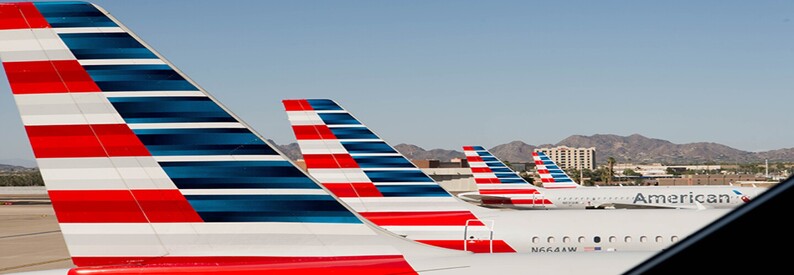American Airlines Flight Attendants Get 20%+ Raises

American Airlines flight attendants have successfully ratified a new five-year labor contract, securing immediate wage increases exceeding 20%. This agreement marks the end of one of the most intense labor negotiations in the airline industry, providing significant financial relief and enhanced benefits for cabin crews.
On Thursday, American Airlines announced that 87% of its flight attendants voted in favor of the new contract, according to the Association of Professional Flight Attendants (APFA). The approval comes shortly after the voting concluded, demonstrating strong support among the airline’s roughly 28,000 cabin crew members.
“This contract marks a significant milestone for our Flight Attendants, providing immediate wage increases of up to 20.5%, along with significant retroactive pay to address time spent negotiating,” stated Julie Hedrick, president of APFA. The immediate raises, effective from the start of October, reflect the union’s successful efforts to secure better pay and improved working conditions for its members.
American Airlines flight attendants represent the largest unionized workforce within the Fort Worth-based carrier. The approval of the new contract alleviates concerns over potential strikes, which loomed as a significant threat if negotiations had failed. The successful agreement was facilitated with the involvement of key government officials, including Transportation Secretary Pete Buttigieg and Labor Secretary Julie Su, who attended negotiations in June under the supervision of the National Mediation Board (NMB).
More than 160 lawmakers had also urged the NMB to expedite and finalize deals across the airline industry, highlighting the broader significance of the agreement. “Reaching an agreement for our flight attendants has been a top priority, and today, we celebrate achieving this important milestone,” American Airlines CEO Robert Isom remarked in a statement.
The new contract is part of a larger trend within the airline industry, where workers are pushing for higher pay and better benefits in the wake of the COVID-19 pandemic. The pandemic disrupted previous negotiations and contributed to a sharp rise in the cost of living, prompting unions to seek substantial improvements in compensation and work conditions.
While American Airlines has successfully secured this deal, other airlines are still navigating their own labor negotiations. United Airlines and its flight attendants’ union are currently in the midst of contract talks, and Alaska Airlines cabin crew members recently rejected a tentative labor deal. These ongoing negotiations reflect the widespread demand for better pay and benefits among airline workers across the board.
The success of American Airlines’ flight attendants in securing over 20% raises is mirrored in other industries where workers have also achieved higher pay through new contracts, sometimes following strikes. For instance, the auto industry and Hollywood have seen similar victories, with workers obtaining significant pay increases and improved working conditions.
In related labor news, approximately 33,000 Boeing workers are voting on a new contract this Thursday, which proposes a 25% raise. However, there is uncertainty as some workers have indicated they may reject the deal, potentially leading to a strike if negotiations do not reach a favorable conclusion.
The ratification of the new contract by American Airlines flight attendants underscores a pivotal moment in labor relations within the airline industry. It highlights the growing strength of unions in advocating for their members and the critical role they play in shaping the future of airline operations and employee welfare.
As airlines continue to navigate the post-pandemic landscape, the focus remains on balancing operational efficiency with fair compensation and improved working conditions for employees. The successful negotiation by American Airlines flight attendants sets a precedent that could influence future labor negotiations across the industry, fostering a more equitable and supportive environment for all airline workers.
